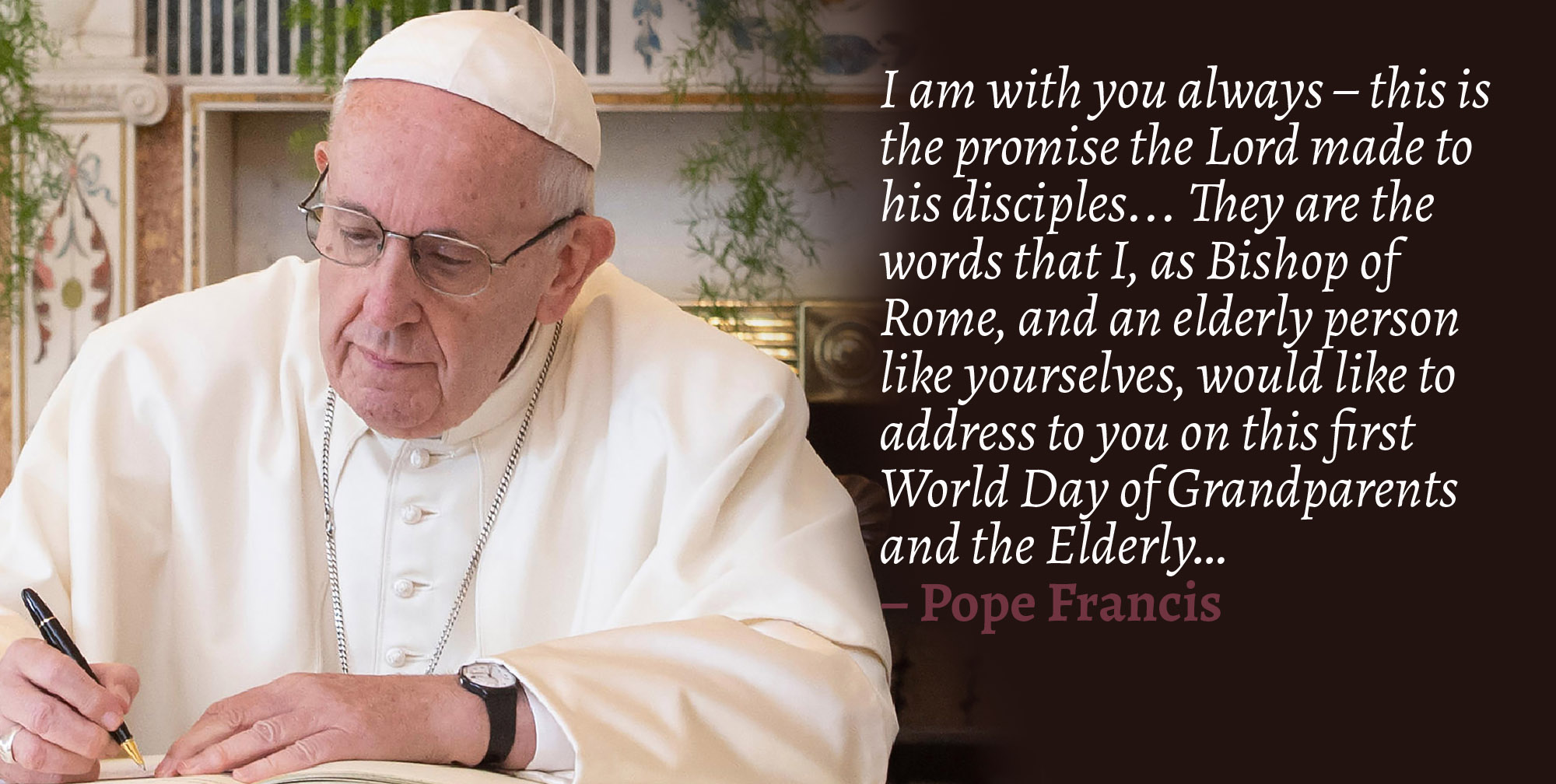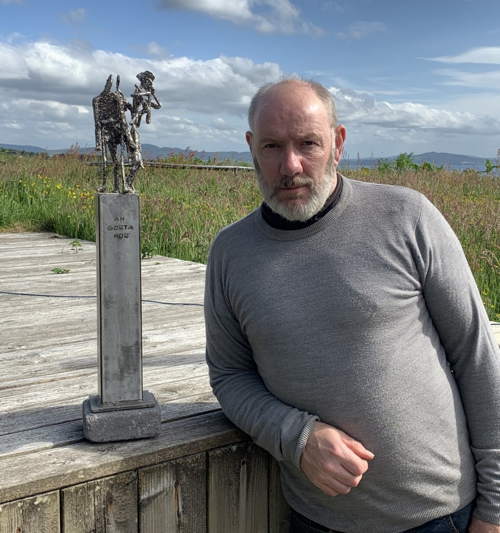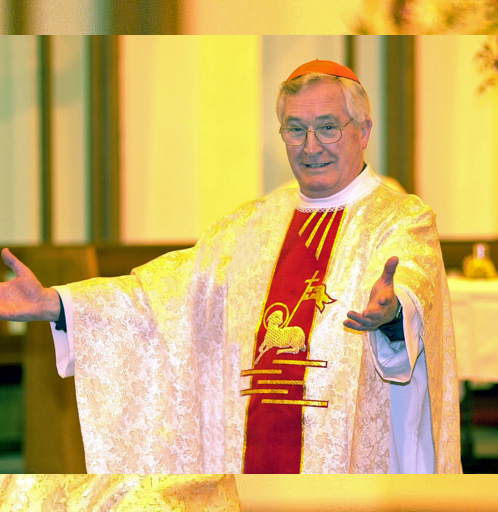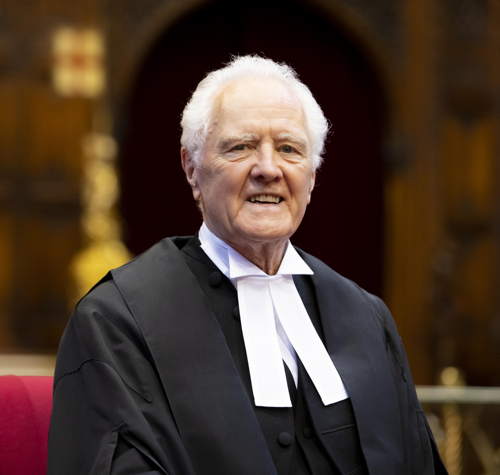
Official Journal of the Archdiocese of Glasgow
July 2021

Great Hunger

Scotland’s first memorial dedicated solely to the dead and displaced Irish victims of the Great Hunger will be unveiled in the grounds of St Mary’s in the Calton later this month after a lengthy campaign by the descendants of those it commemorates.
Read more…
Cardinal

Cardinal Thomas Winning once visited the House of Lords to meet Derry Irvine, the Lord Chancellor. After a long wait in the outer chambers, Winning spotted Irvine striding towards him, woollen wig flowing, ruffled shirt tucked in place, breeches and silk stockings meeting neatly at the knee and patent leather shoes buffed to a brilliant shine. As Irvine passed, giving Scotland’s cardinal only the smallest of nods, Winning muttered to his companion: “if that’s the Lord Chancellor, can you imagine what God looks like?”
Read more…
Parliament

My faith is deeply rooted in the community in which I grew up. I was brought up in a Catholic family, attended Catholic schools and went to Sunday Mass in my local Catholic church, St Patrick’s Dumbarton.
Read more…
The current emergency means our churches have had to close, but costs remain and some parishes are in a difficult situation. If your own circumstances allow it, please consider helping us by donating £5 during this worrying time. The Archdiocese has set up a system whereby you can simply text RCARCHGLA to 70085 to donate £5. Please share this emergency donation option with others, especially those who may be anxious because they normally contribute to their parish through collection envelopes. Those who use collection envelopes are asked to continue to place donations in these and deliver them to the local parish after the emergency has passed.